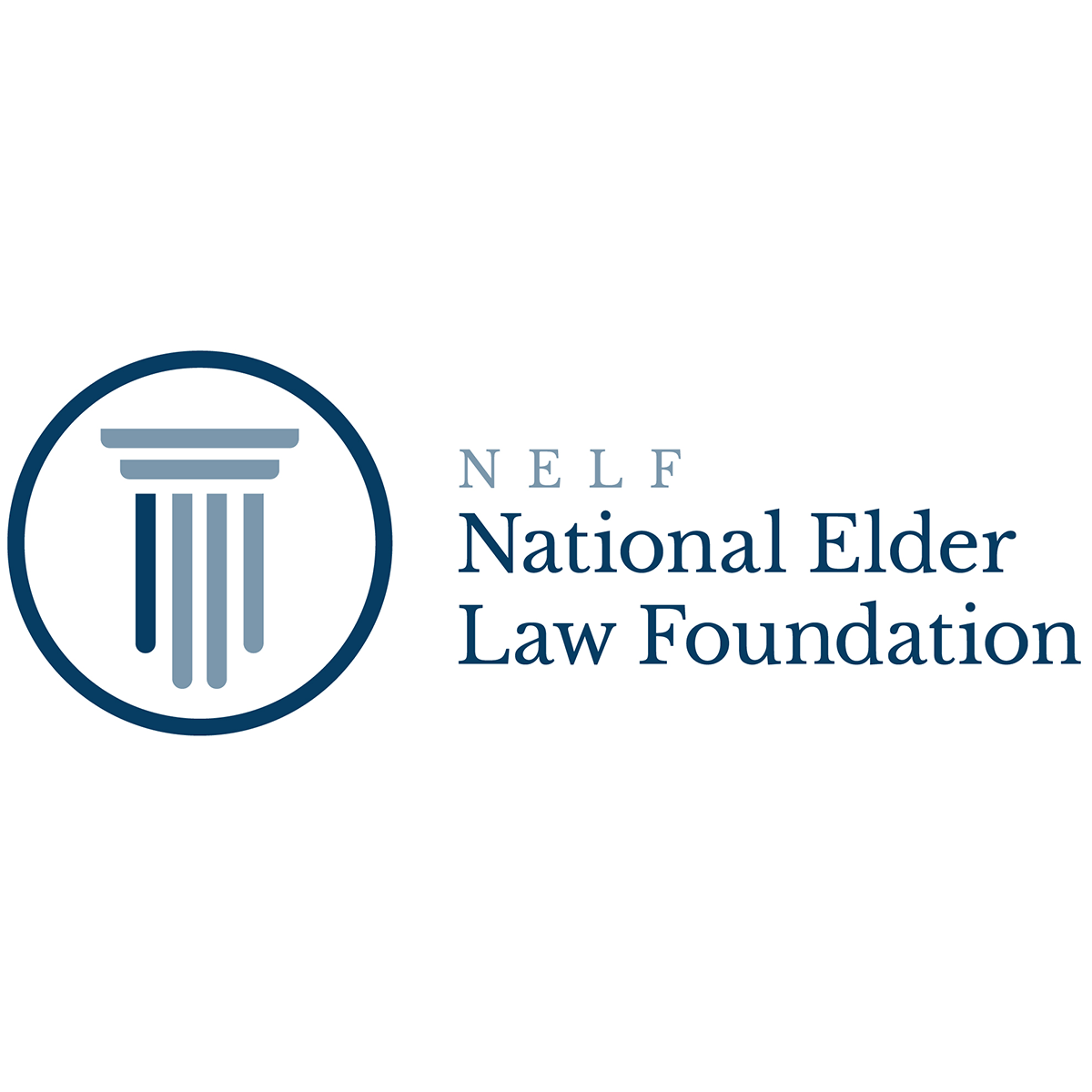The legal definition of the term "Elder Law" refers to the representation of older persons and their families about issues that are often unique to senior citizens, including long-term and health planning. In many cases, the elderly person and his or her family or other representatives must plan for surrogate decision-making and issues surrounding the elderly person's legal capacity.
The elder law attorney may deal with the conservation, disposition, and administration of the older person's estate. Elder law attorneys should possess federal tax law experience to deal with the applicable tax consequences of the legal actions.
The NELF has identified the following twelve (12) categories of legal services provided in an Elder Law practice:
- Health and Personal Care Planning;
- Pre-Mortem Legal Planning;
- Fiduciary Representation;
- Legal Capacity Counseling;
- Public Benefits Advice;
- Special Needs Counseling;
- Advice on Insurance Matters;
- Resident Rights Advocacy;
- Housing Counseling;
- Employment and Retirement Advice;
- Disability Discrimination Counseling; and
- Litigation and Administrative Advocacy.
Elder law attorneys often identify issues of abuse, neglect, or exploitation of the elder person or the special needs person. Legal issues often arise with insurance, long-term care and retirement.
Lawyers focused on elder law often have experience helping their clients obtain public services such as Medicaid, Medicare, Social Security benefits, Supplemental Security Income, Veterans benefits and housing and food programs, as well as other resources.
Elder law encompasses knowledge about other specialty fields including familial law, federal tax law, trust, estate planning, probate, and wills.















